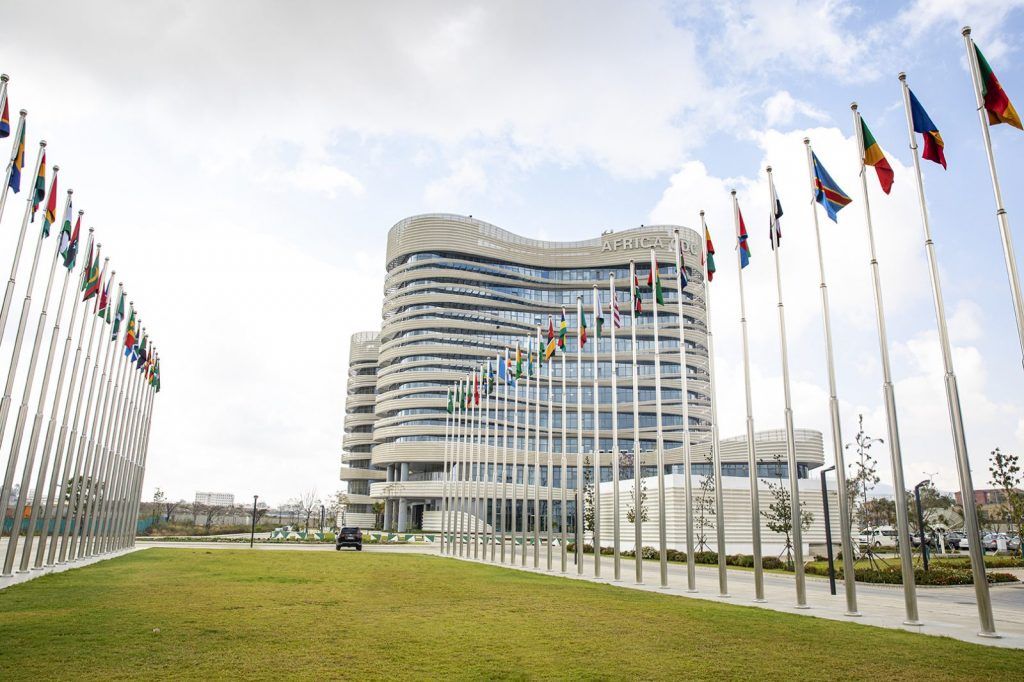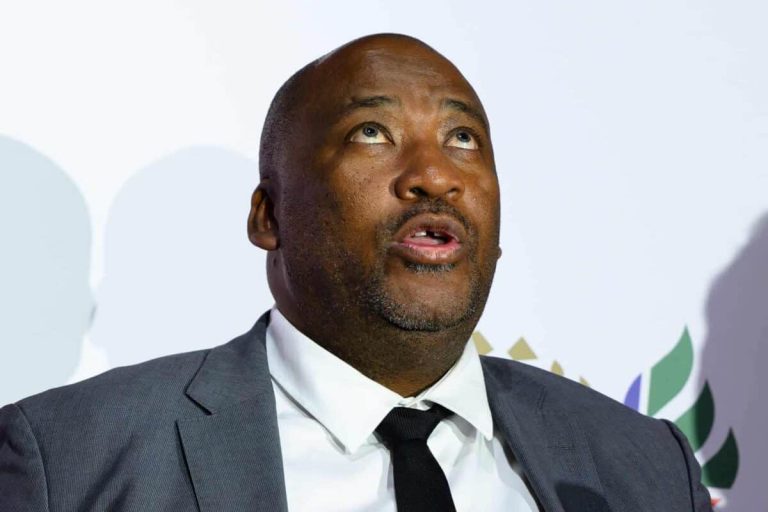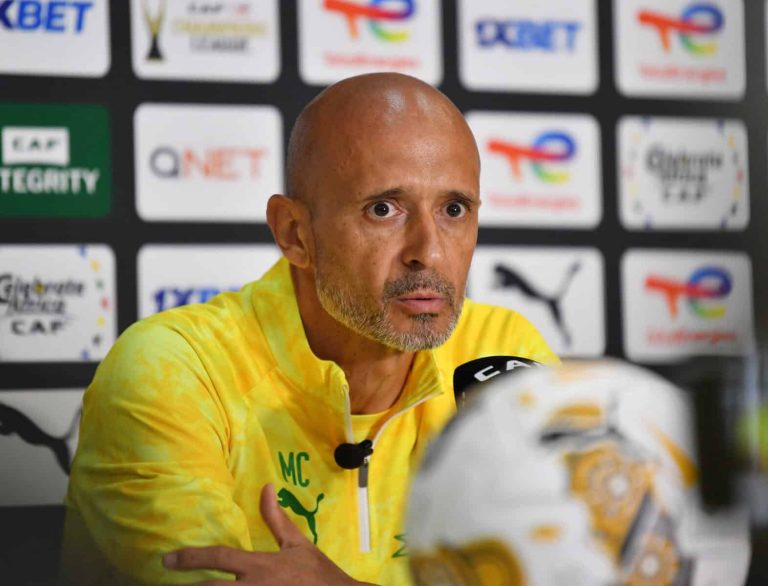
With several African countries battling outbreaks of Mpox, cholera, and Ebola, the Africa Centres for Disease Control and Prevention (Africa CDC) has called for immediate action to strengthen surveillance and community response.
The call was made by the agency’s Incident Manager for Health Emergencies, Prof. Yap Boum, during Africa CDC’s weekly press briefing on Friday, which reviewed the epidemiological situation of Mpox, cholera, Ebola, Rift Valley fever, malaria, and other priority diseases across the continent.
Boum said that while significant progress has been achieved — including the Ebola outbreak in the Democratic Republic of the Congo nearing its 42-day countdown to being declared over — continued vigilance remains essential.
“We are in the countdown phase for Ebola in Bulape, but this does not mean we are out of the outbreak,” he cautioned. “We must strengthen monitoring, surveillance, and community engagement to sustain progress.”
He said more than 37,000 people, including healthcare workers and children, have been vaccinated against Ebola, with preventive vaccination underway in other provinces and neighbouring countries to boost preparedness.
On Mpox, Boum reported an 80 per cent decline from its peak, with 13 countries rolling out vaccination campaigns reaching over 1.5 million people. However, he raised concern over rising cases in Kenya, Liberia, and Ghana, where active transmission persists.
“We are not resting until all member states reach acceptable thresholds for national surveillance,” he said, adding that Kenya would receive 20,000 additional vaccine doses to strengthen local response efforts.
Turning to cholera, Boum described it as Africa’s most challenging disease, with 297,394 cases and 6,084 deaths reported across 23 member states so far in 2025. He warned that the rainy season could worsen outbreaks in high-burden countries, including Angola, Burundi, Sudan, and South Sudan, unless water, sanitation, and hygiene measures are urgently scaled up.
“We must move beyond emergency response and invest in infrastructure that guarantees access to clean water and sanitation,” Boum said. “Cholera is a disease of inequity, and stopping it requires a whole-of-government and whole-of-society approach.”
He reiterated Africa CDC’s commitment to helping countries build stronger public health systems focused on prevention, rapid response, and cross-border coordination.
Boum also highlighted malaria prevention efforts, including bed net distribution and sanitation campaigns in Southern Africa, where seasonal increases have been recorded.
The agency’s Surveillance and Disease Intelligence Unit announced the launch of a continental data architecture and health information exchange policy to enhance data protection, privacy, and harmonized reporting across member states.



